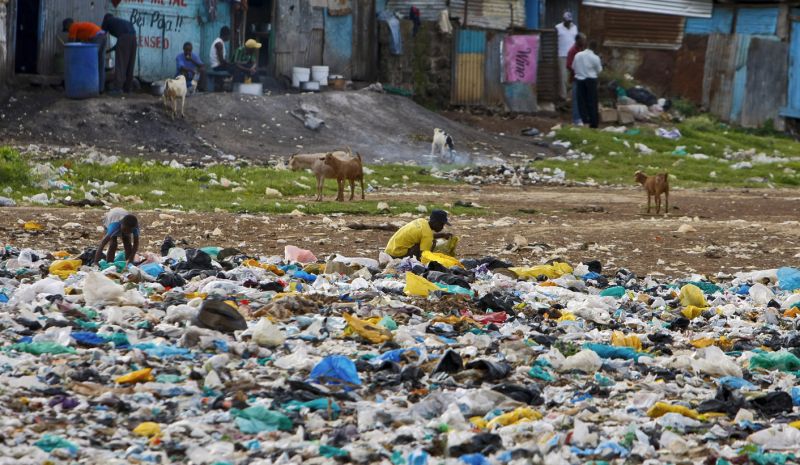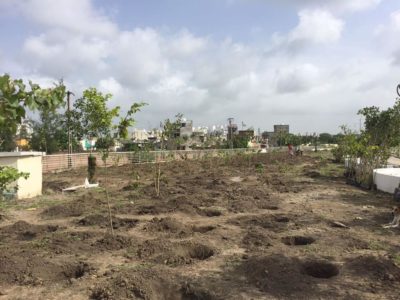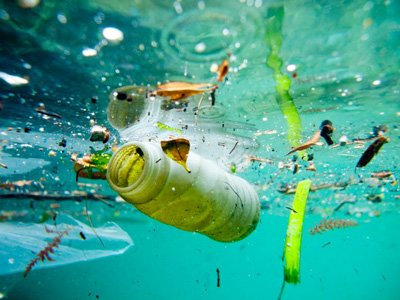Four years jail or $40,000 fine: A strict law on banning plastic bag in Kenya
Kenya, a country located in Africa, brings in world’s toughest plastic bag ban. Officials say they want to target manufacturers and sellers first by making it illegal to produce, sell and use plastic bags.







